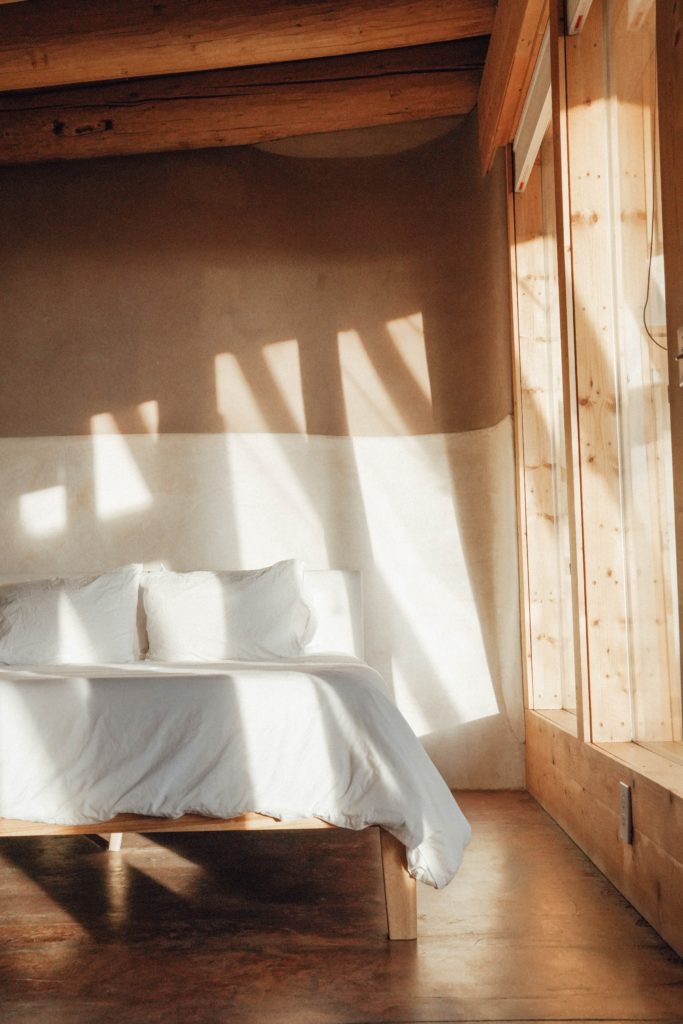Our goals are to address the housing challenges posed by climate change and soaring housing prices. These are different but closely interrelated problems.

Climate change is here with record-setting windstorms, electric and broadband outages, drought, and forest fire. The solution to warming is to stop emissions of greenhouse gases, especially CO2 from transportation and building heating and cooling.
Housing prices have already risen to the point where ordinary families—for example, a household led by a teacher—can no longer afford to live in or near the Town of Taos. The problem of high housing prices is compounded by the fact that cheaper housing is more expensive to operate and maintain, often by more than 50% of the operating costs of a comparable new house.
Highly energy efficient smaller houses powered by solar energy and supported by electricity storage can eliminate greenhouse gas emissions. Houses built to LEED Platinum or Passivhaus standards already do that. Employing energy-efficient doors, windows, and tight, well-insulated building envelopes, homes can be virtually emission-free. That is especially true if the electrical grid is powered by wind and solar energy. Solar on the rooftop and energy storage make net-zero emission households a practical alternative now.

Sustainable buildings will be all-electric. Efficiency and intelligent design help control building costs and substantially reduce operating costs thereby offsetting infrastructure investments. Houses will be warmed and cooled by heat pumps. Water will be heated by on-demand water heaters. Food preparation will use energy-efficient refrigerators and induction cooking units. The air inside homes will be re-conditioned by air exchange units. Density and smaller, more efficient living areas are keys to success.
Sustainable housing is a long-term investment in our community and environment. It can be available to all, including lower-income families at current housing prices if we have community support. The main tools required are the efficient design of both houses and communities and local and national government support.
We need to SOLVE our housing and environmental problems. Building cheap housing and relying on mobile homes for the poor is NOT a solution. They merely perpetuate the problem at a greater cost to us all. Affordable housing must be sustainable. Cheap housing offers no real advantages. It is at least 50% more expensive to operate and falls apart in 20 years. And, it doesn’t provide homeowners the advantage of appreciating equity in their homes. Mobile homes begin depreciating the day they are purchased.
